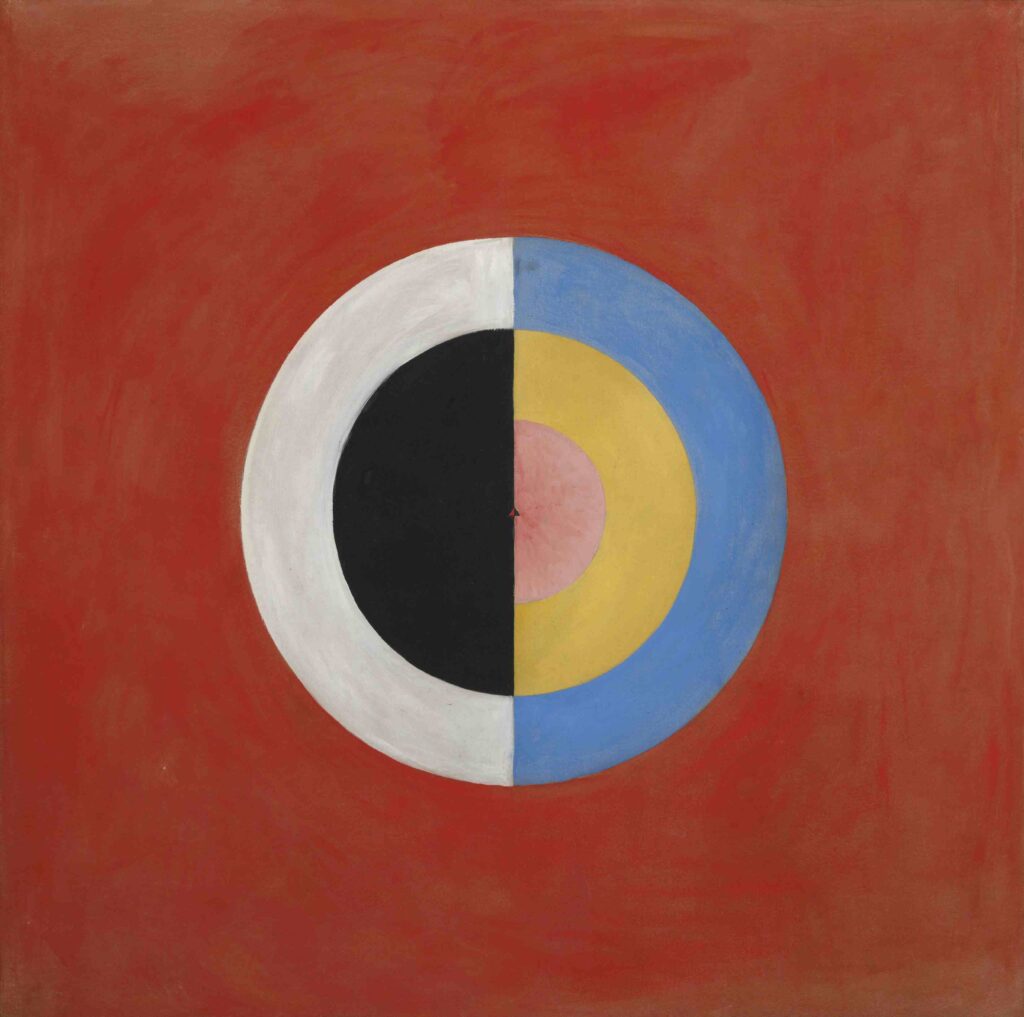
I thought it might be interesting to some occult history nerds – of which I am certainly one – to transcribe the below article, which marks the earliest substantial appearance of the ‘Hermetic Order of the Sacred Word’ in print. (I say ‘substantial’ because I believe there may be an offhand reference in an early edition of Francis King’s history of ritual magic in England, but I only have a later revised edition to hand.) The short article is somewhat strange, and sections of it were later adapted as a manifesto of sorts by the Aurum Solis as it came in to public view; it is a brief summary of why one might be interested in ‘Qabalistic’ magic, and shows some of the hallmarks of Denning & Phillips’ later books, namely an insistence on the creative rather than restrictive and dogmatic aspects of Qabalah, an appreciation of the overlap between magic and religion, and a strong interest in Jungian analysis and related psychological or analytic literature.
The article was published on pp.139-145 of a handy pre-internet gazette glorying in the title The Aquarian Guide to Occult, Mystical, Religious, Magical London & Around (ed. Françoise Strachan, The Aquarian Press: London, 1970). The Guide is a colourful cheap paperback snapshot of occult London in 1970, and it is well worth glancing through just to get a sense of the riotous array of creeds, techniques and credulity-stretching backstories on offer. Its editor’s preface gives a very brief sense of how enduring and exasperating internecine squabbling and mutual enmity is on the occult scene: it’s hard not to think of the inclusion of an entry for Neurotics Anonymous as an unsubtle hint. But the Guide doubtless gave any number of curious seekers an entry-point to an otherwise sealed-off world: an address to post a nervous letter to, or, for the especially bold, a phone-number to ring.
And what if your appetite had been whetted by the mix of modern spiritual transformation and ancient Kabbalistic know-how alluded to in the article? You would search the pages of the Guide in vain for the details of the ‘Hermetic Order of the Sacred Word’, and end up frustrated. Perhaps you would write directly to the publishers, or ask around at the Atlantis bookshop. Perhaps you’d end up doing something else, following off one of the many other leads between the Guide’s psychedelic covers.
But if you paid attention to the occult press, you might notice the first editions of Denning and Phillips’ The Magical Philosophy rolling out from Llewellyn Press a few years later in 1974. The first volume contains a purported history of the Aurum Solis, and the Order of the Sacred Word, which is said to have split from the AS in 1957 and returned in 1971, after a difference of opinion or taste over the use of Masonic structure and method in esoteric work – with the Sacred Word favouring the somewhat cumbersome Masonic style rejected by the AS. The traces of O∴S∴V∴ (the abbreviation is of ‘Ordo Sacri Verbi’, the group’s Latin name) ritual and instruction which remains in the published work is interesting, and I’ll refer to it in a later post about some of the AS’s magical techniques.
Yet if you were still curious about this group and had picked up, a year later in 1975, Ithell Colquhoun’s book Sword of Wisdom, you might find something intriguing. Ostensibly a biography of S.L. MacGregor Mathers, a founder of the Golden Dawn, most of the book actually traces the fortunes of some of its successor groups and personalities. Colquhoun is not averse to recording gossip and passing judgement (both qualities I rather like) and a somewhat vague section on the Sacred Word occasioned a reply in high dudgeon from Denning and Phillips, at pains to deny any Golden Dawn or Stella Matutina descent, or any substantial links with Druidry – both claims levelled in Colquhoun’s book. That reply, which has its own sleights-of-hand about the identity of some people referenced in it, can be read here.
Were they protesting too much? It doubtless made sense to stake out clearly how different the system of the AS was to the Golden Dawn, and they do happily admit the presence of GD influence in the Sacred Word. As for the claimed links with Druidry, well – no-one could mistake the system presented in The Magical Philosophy as Druidic, but Melita Denning had great sympathy and periodic involvement in Druidic organisations. Indeed, the former Chief Druid of the A.D.U.B., Thomas Maughan, was claimed as a former Grand Master of the AS and was the dedicatee of Book III of The Magical Philosophy. What to make of this? Not much, of course, other than that Denning, certainly, had a great love for the Druids and the Celtic gods (as much can be guessed from her poems for the Celtic gods’ quarter days, and the extended discussion they receive in the books), and that the history of magical groups, especially in England, is rarely as pure and simple as it’s presented. Groups share members, influence each other, ‘borrow’ and appropriate from each other – and the bits that do make it to print can make tenuous connections seem too solid, and temporary experiments much vaster than they really were.
Nonetheless, the article below is a nice piece of AS ephemera, so – enjoy!
***
ECCE HOMO
Magic is a phenomenon co-extensive with the human race. Qabalistic magic is magic ordered logically and philosophically to the doctrine of the Qabalah. To speak of Qabalistic doctrine is a necessary statement of fact: to speak of Qabalistic dogma would be to misinterpret the whole nature and spirit of the system.
Continue reading